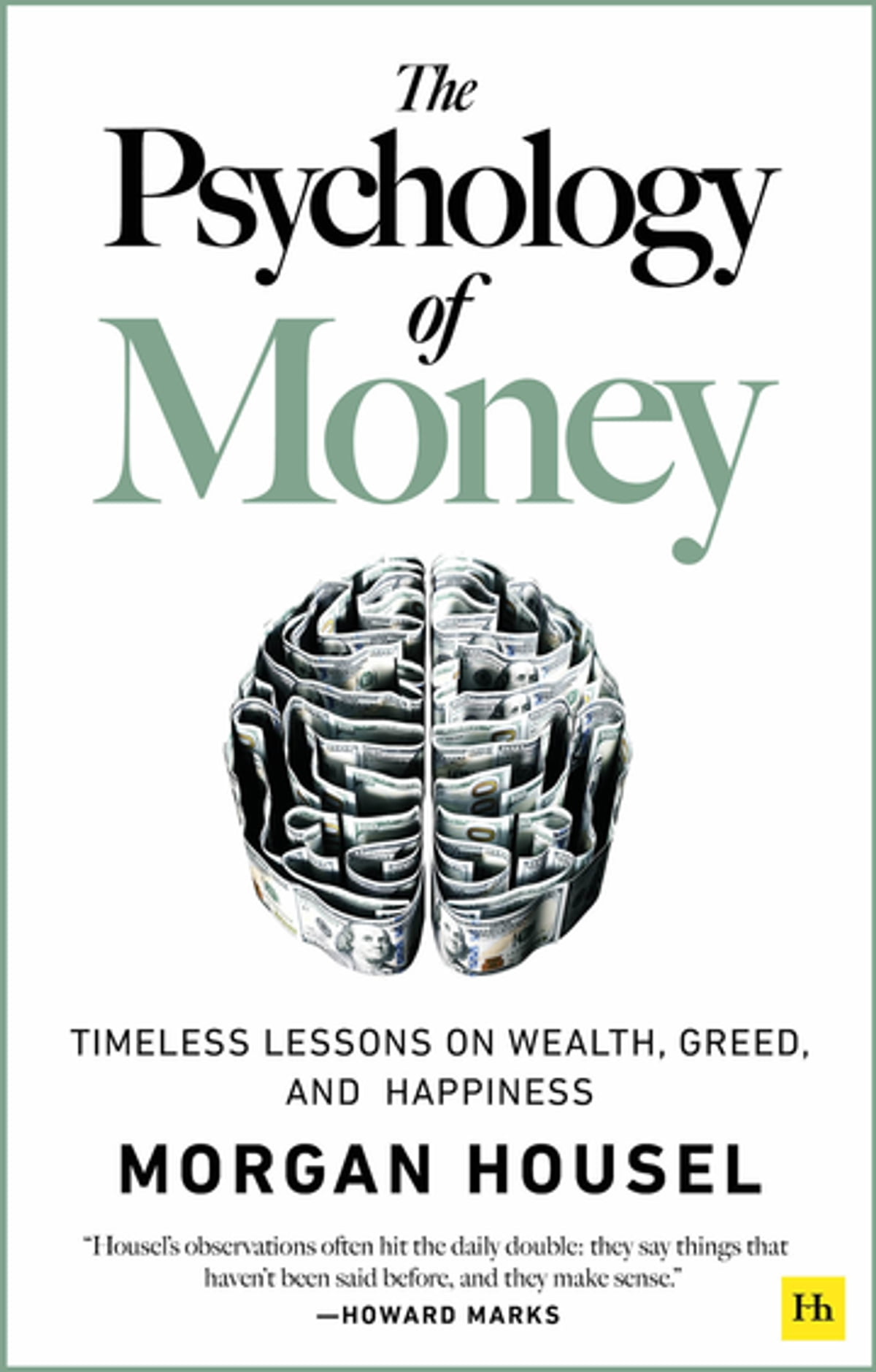Markets by TradingView
Morgan Housel, 2020
Doing well with money isn't necessarily about what you know. It's about how you behave. And behaviour is hard to teach, even to really smart people.

"The Psychology of Money" is an eye-opening book that explores how our emotions, behaviors, and habits can affect our financial decisions. With relatable stories and real-life examples, Morgan Housel breaks down complex concepts into simple and actionable insights. Learn why investing isn't just about money, the role of luck in financial success, and the power of compounding, among many other lessons.
An engaging and thought-provoking read that challenges readers to think differently about their relationship with money. Housel's writing style is accessible and easy to understand, making complex concepts easy to grasp. The book is full of interesting anecdotes and real-life examples that bring the concepts to life and make them relevant to readers' lives. It is suitable for first-time readers who are new to the subject and want to develop good financial habits.
1. I came for Money lesson, yet I got a life lesson
2. …the author is not trying to tell anything extraordinary in this book but trying to make us clearly understand some simple things and make our basics correct.
3. A very well written and well explained book and must read for all those people who are careless with money specifically.
4. Featuring 19 anecdotal chapters that tap into the emotional aspect of our relationship with money, the book does little except offer stories that can all be summarized in this format - "People's reaction to (chapter theme) could be X but it could also be Y", which is my least preferred takeaway format from any book. The trouble is, nothing that he says is wrong. It's just inconclusive.